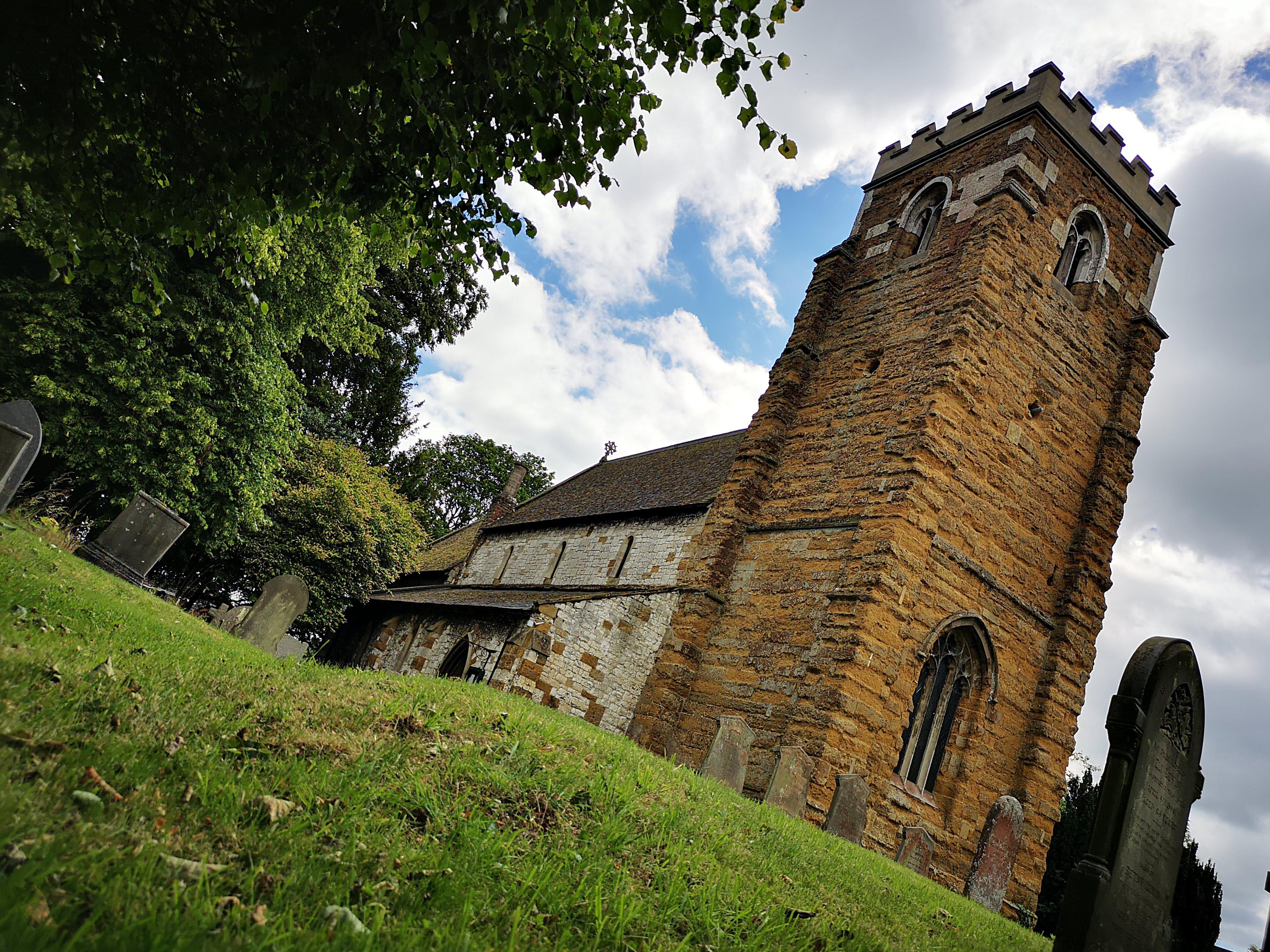The need for more funding for the UK's church and chapel buildings has been highlighed in a letter signed by representatives of leading church building support organisations, published in The Times newspaper on Monday 19 October 2020.
The letter appears on the day of the launch of
The House of Good, a major study that has been carried out for the Natioanl Churches Trust into the value of the social good that takes place in the UK's church buildings. In an economic valuation, arrrived at by social and economic analysts 'State of Life', this is estimated to be at least £12.4 billion a year.
Whilst recognising the important contribution to funding church buildings that has been provided by government and the National Lottery Heritage Fund, the letter calls for further financial support from central and local government, philanthropic trusts and individuals.
This support is needed to prevent losing an increasing number of churches, chapels and meeting houses and the good that they bring.
The letter is signed by
- Claire Walker, chief executive, National Churches Trust
- Peter Aiers, chief executive, Churches Conservation Trust
- Victoria Collison, executive director, Historic Churches Scotland
- Stuart Beattie, director, Scotland’s Churches Trust
- Dr Stephen McBride, chairman, Ulster Historic Churches Trust
- June Butler, chairwoman, Northern Ireland Places of Worship Forum
- Rachel Morley, director, Friends of Friendless Churches
- Christine Moore, manager, Addoldai Cymru
The full text of the letter can be found below.
Dear Sir,
The National Churches Trust publishes today
The House of Good, a report which finds that church buildings across the UK contribute £12.4 billion a year to the economy and society by enabling the provision of food banks, mental health counselling, youth services and addiction support services.
However, the future of many churches, especially in deprived areas, is under threat due to crumbling roofs, deteriorating church halls, and inadequate kitchen and toilet facilities. Some of the most vulnerable and isolated people in our society rely on the services provided in church buildings for essential support and they will continue to do so as the Covid crisis persists over the winter.
The funding that has recently been announced for churches in England through the Culture Recovery Fund demonstrates that the government and the National Lottery Heritage Fund recognise the contribution that churches make, and the importance of keeping church buildings in good repair. We are grateful for this and hope that similar support will be available throughout the UK.
Without continued funding from central and local government, philanthropic trusts and individuals, we risk losing an increasing number of churches, chapels and meeting houses and the good that they bring.
Claire Walker, chief executive, National Churches Trust
Peter Aiers, chief executive, Churches Conservation Trust
Victoria Collison, executive director, Historic Churches Scotland
Stuart Beattie, director, Scotland’s Churches Trust
Dr Stephen McBride, chairman, Ulster Historic Churches Trust
June Butler, chairwoman, Northern Ireland Places of Worship Forum
Rachel Morley, director, Friends of Friendless Churches
Christine Moore, manager, Addoldai Cymru

